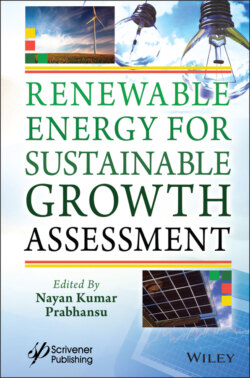Читать книгу Renewable Energy for Sustainable Growth Assessment - Группа авторов - Страница 82
3.3.1.5.3 Municipal Solid Waste
ОглавлениеMunicipal solid waste possesses paper and household wastes, non-degradable plastic waste, and non-flammable materials such as glass and aluminum from various residences [59], [60]. According to several variables, the MSW constitution varies according to household waste, seasonality, housing standards, and the prevalence of measures to reduce waste [60]. Municipal solid waste leads to a significant pollution concern worldwide [61]. All are regulated by dumping rubbish at municipal landfills, recycling to produce valuable products, and incineration for energy generation [59].
Unregulated OF-MSW’s (organic fraction of municipal solid waste) decomposition contributes to global warming and soil, water, and air pollution [60, 62]. Ebrahimian et al. [61] stated that OF-MSW could process high-value fuels and products to control these issues. Enterobacter aerogenes is one such promising bacterial organism process OF-MSW’s into various biofuel products such as 2, 3-butanediol (octane booster), bioethanol, acetic acid, and biohydrogen, and PHAs (polyhydroxyalkanoates), biomethane. The recovery of the carbon sources present in OF-MSW provided a considerable amount of energy (8236.9 kJ) and an environmentally sustainable bioplastic [61].
